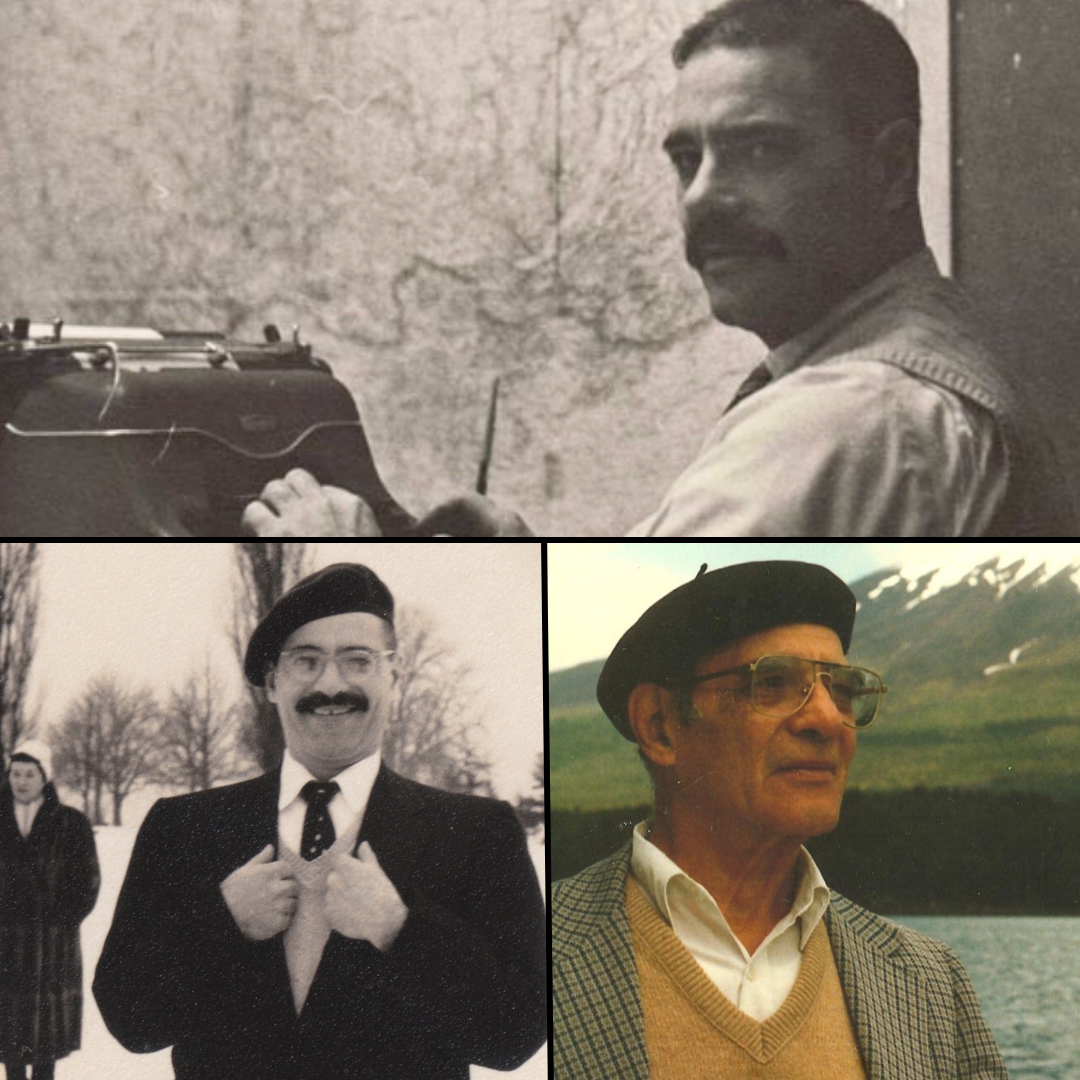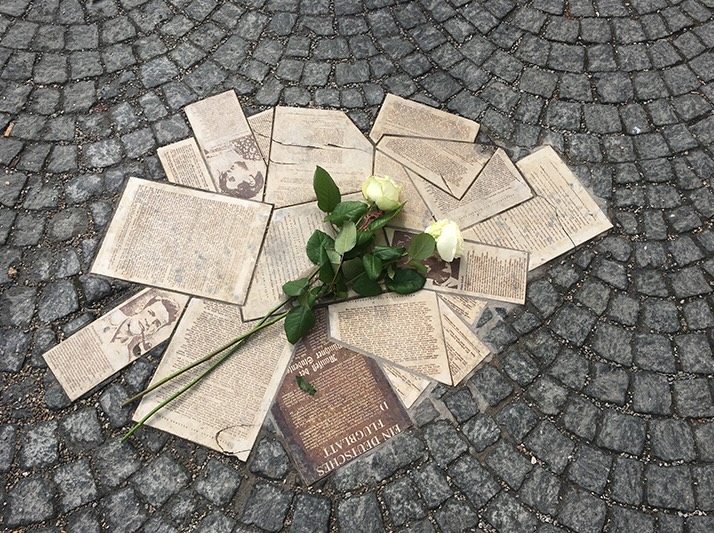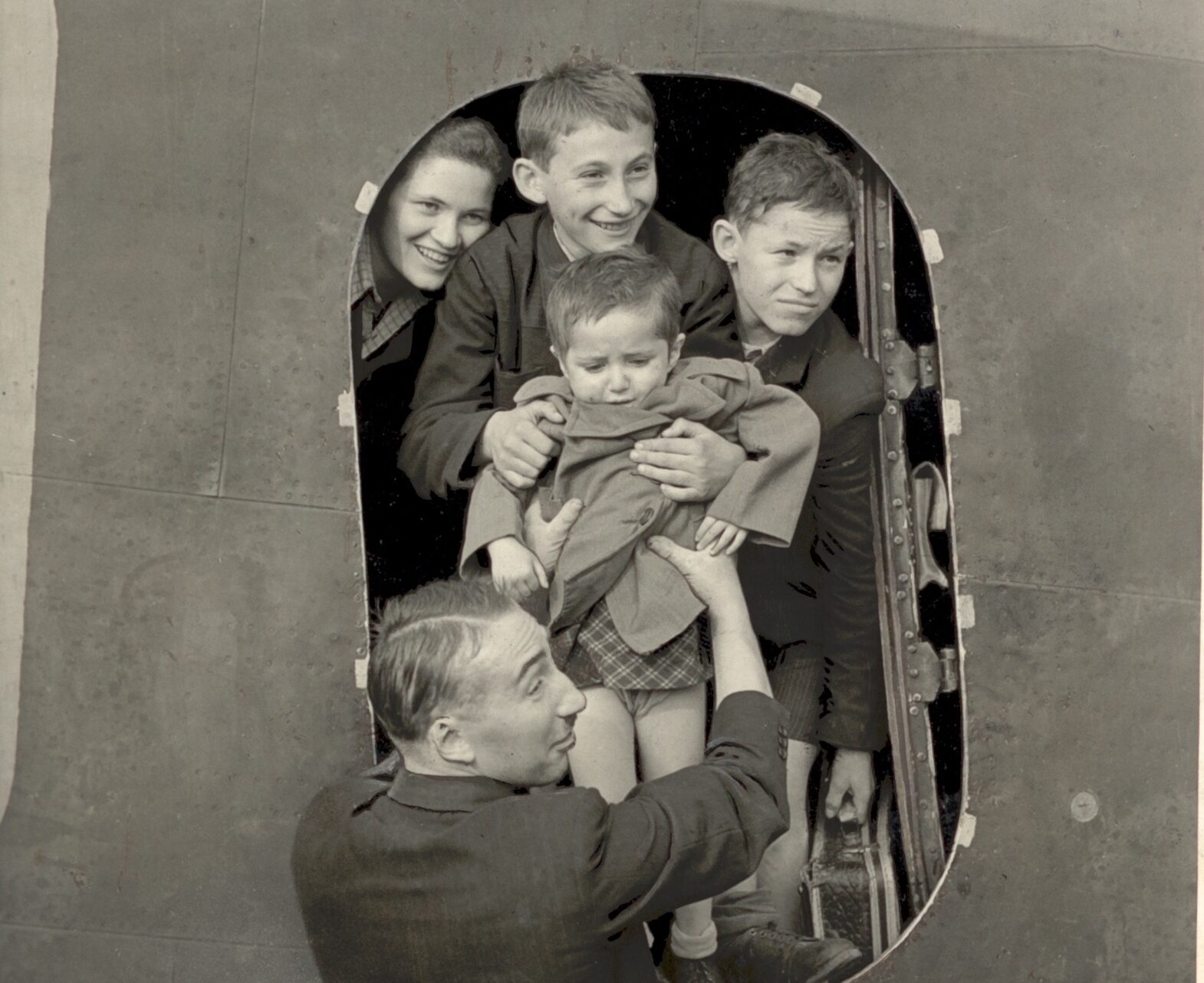Today, on International Holocaust Remembrance Day, we honor the six million people who perished in one of the darkest chapters of human history. For me, this day carries a personal weight: my Jewish heritage connects me to the memory of those who were targeted simply for existing. I reflect on the pain and resilience of my ancestors and feel a profound obligation to remember—not just for them, but for all who suffered under the Nazi regime and for all those who suffer persecution and genocide today.

The Holocaust was an unspeakable atrocity rooted in hatred, dehumanization, and indifference. While the Jewish people were its primary target, others—Black Germans; Poles; Roma and Sinti; Soviet prisoners of war; people with disabilities; LGBTQ individuals; Catholics, Jehovah’s Witnesses, Muslims, and other denominations, religions, and belief systems rejected by Nazi leadership; political opponents, resisters, and dissenters; and countless others horrifyingly considered by the Nazis to be Lebensunwertes Leben, or “life unworthy of life”—were swept into the machinery of death. The sheer scale of the brutality staggers the mind. Yet behind the numbers are individuals: mothers, fathers, children, and friends who were stripped of their dignity, rights, and lives.

It is too easy, as time passes, for the Holocaust to feel like a historical abstraction, confined to the black-and-white images of textbooks or museum exhibits. But the evil it represents remains ever-present in our world, taking on new forms and preying on new victims. Genocide is not a relic of history. We see it in the mass atrocities against the Uyghurs in China, the Rohingya in Myanmar, the Sudanese people by that country’s rogue paramilitary forces, and countless other places where human dignity is being denied and whole populations are being decimated…right now, today, as you read this email.
Indeed, the specter of dehumanization continues to haunt humanity, from the macro level where millions of distinct, irreplaceable individuals are targeted for war crimes and murdered, to the individual level in our homes with domestic violence and abuse, and in our schools with cruel mocking and bullying.
And so this day must call us to more than remembrance; it calls us to action. We must resist the temptation to look away or remain silent in the face of suffering, as so many did during the Holocaust. The haunting story behind the “Sing a Little Louder” film comes to mind. In it, an elderly man recalls his boyhood experience of attending church in Nazi Germany, just steps away from the railroad tracks where trains carried Jews to their deaths. As the cries of those being transported grew louder, the church organist began to play more forcefully, and the congregation sang louder, drowning out the desperate pleas for help.
That story serves as a powerful indictment of indifference. It warns us of what happens when we prioritize comfort over conscience, when we choose apathy over action. It is a reminder that evil does not prevail because of the strength of the perpetrators alone, but because of the silence of bystanders. And it calls us to the truth about ourselves: if we had lived in wartime Germany, as one of my grandmothers did, would we have stood for justice like Sophie Scholl, or simply sung a little louder?

If we do not actively resist persecution, genocide, and abuse in all its forms, we lose our humanity just as surely as the perpetrators. As a constitutional lawyer, I see this truth reflected in the principles enshrined in the laws of all free nations—the inherent dignity and worth of every human being. When those principles are violated, whether through systemic oppression or the indifference of society, our collective humanity is diminished.
On this day of remembrance, we must remember and honor the victims by committing to be vigilant against injustice in all its forms. We must tell their stories and teach the lessons of the Holocaust to the next generation, not as a distant tragedy, but as an urgent warning of what can happen when hatred goes unchecked. We must refuse to sing a little louder when we hear the cries of the vulnerable, the persecuted, and the oppressed.
In the words of Elie Wiesel, a Holocaust survivor and one of history’s greatest witnesses: “The opposite of love is not hate, it’s indifference.” It’s up to us to ensure that indifference never has the last word.
The International Holocaust Remembrance Day falls each year on January 27, the anniversary of the Auschwitz concentration camp’s liberation in 1945 by the Soviet Union’s Workers’ and Peasants’ Red Army, and the first time in years that hope had breathed into an instrument of death. This year marks the 80th anniversary of the liberation of Auschwitz.

On this day and every day, choose love, choose humanity, and choose action. It’s our obligation and responsibility to be listed as among those political opponents, resisters, and dissenters targeted by the Nazi war machine, or we defile ourselves and deny our shared humanity by singing a little louder as the cattle cars of the condemned rattle by.
Because if we fail to remember, if we fail to act, we risk allowing the unthinkable to happen again…and that is a failure none of us can afford.

Comments are closed